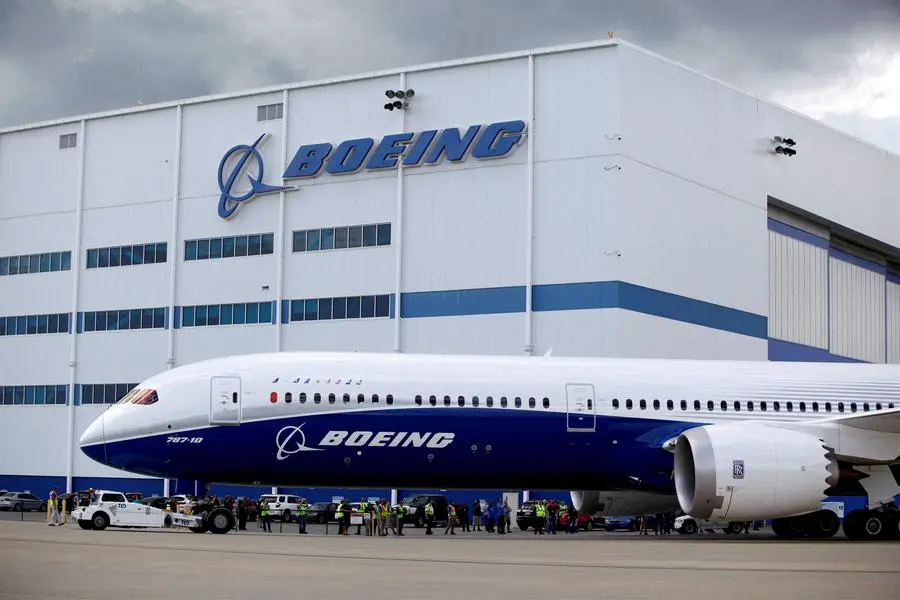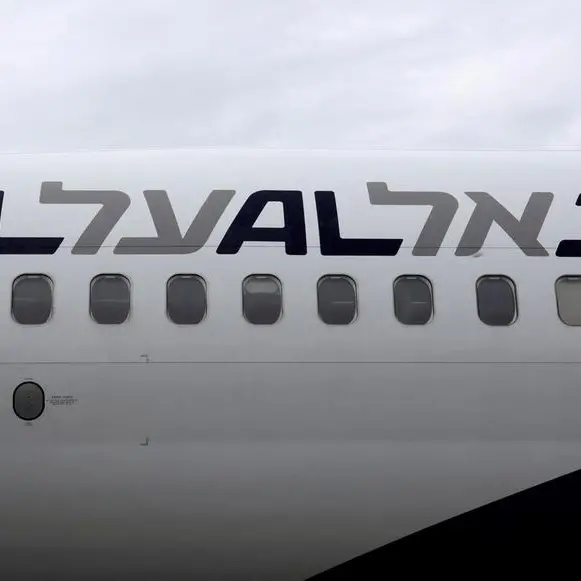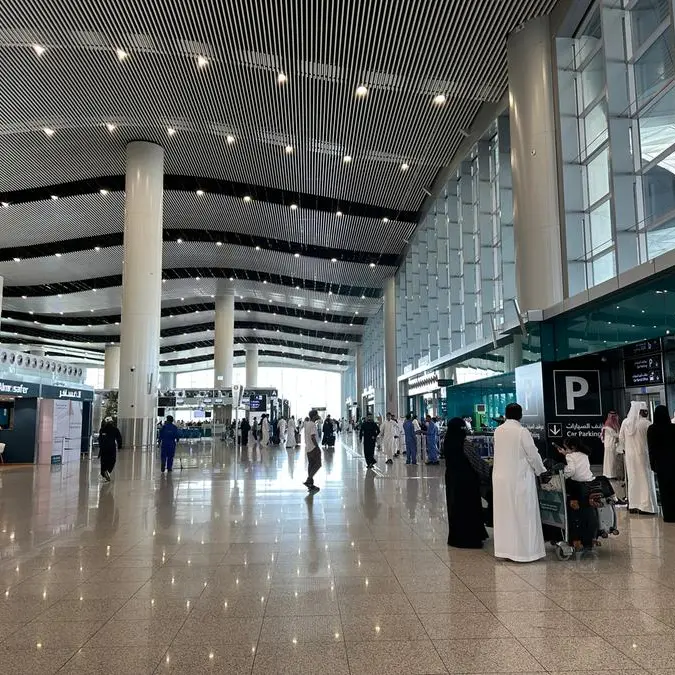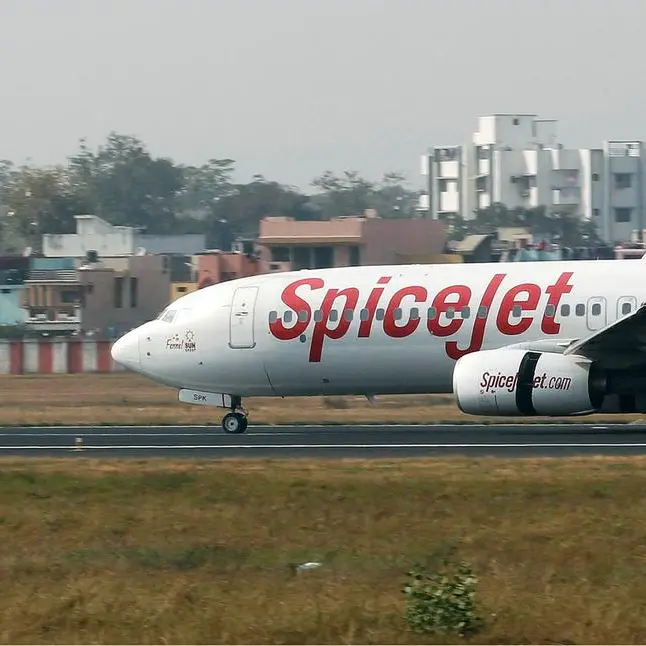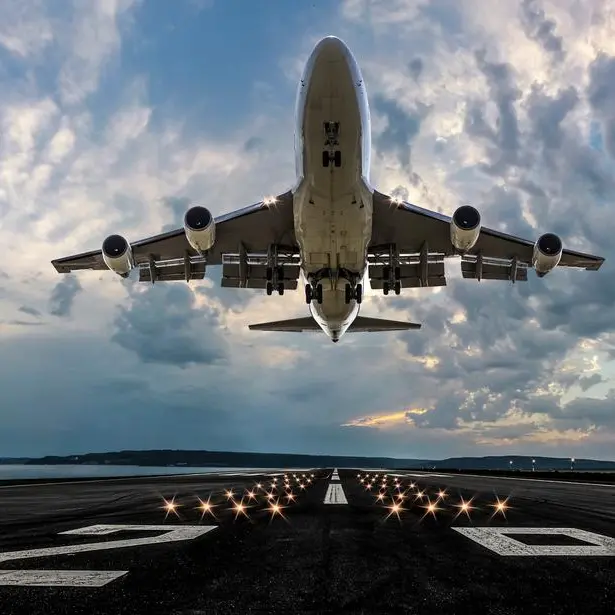PHOTO
Riyadh Air, the new world-class airline launched by the Public Investment Fund (“PIF”), today announced an order of up to 72 Boeing 787-9 Dreamliner airplanes in a multi-billion dollar deal. This unprecedented order for a new carrier – 39 confirmed aircraft with an option to acquire 33 additional wide-body 787-9 Dreamliner airplanes – is a strong signal of intent for Saudi Arabia to become a global aviation hub.
This agreement is part of Saudi Arabia’s wider strategic plan to transform the country into a global aviation hub. In total, national carriers today announced their intent to purchase up to 121 787 Dreamliners in what will be the fifth largest commercial order by value in Boeing’s history. This will support the country’s goal of serving 330 million passengers and attracting 100 million visits by 2030.
In terms of economic impact, in the U.S., the deal is expected to support nearly 100,000 direct and indirect jobs and more than 300 suppliers from across 38 states, including 145 U.S. small businesses, while in Saudi Arabia, the new airline is expected to add USD20 billion to non-oil GDP growth and create more than 200,000 direct and indirect jobs.
The new world-class airline aims to connect millions of leisure and business travelers to more than 100 destinations around the world by 2030 following this partnership with The Boeing Company. Riyadh Air will be at the cutting edge of technology enabling digital innovation at every guest touchpoint while offering an exceptional guest experience with authentic, warm Saudi hospitality at its heart.
Yasir Al-Rumayyan, Governor of the PIF and Chairman of Riyadh Air, said, “This is a momentous day for PIF and Riyadh Air, and highlights our determination to significantly extend Saudi Arabia’s connectivity with the world. Our stated commitment is to create a world-class airline and this partnership with Boeing in building the fleet is the next step in achieving the aspirations of Saudi Arabia as a global transportation hub. We look forward to fostering strong strategic relationships within the wider aviation ecosystem as we continue to shape the new airline to become one of the leading carriers around the world.”
Stan Deal, President and CEO of Boeing Commercial Airplanes, said, “This is a significant order that will support Riyadh Air’s commitment to deliver a world-class travel experience, while supporting American aerospace manufacturing jobs at Boeing and across our supply chain. We are incredibly proud of our nearly eight decades of partnership to drive innovation and sustainable growth in Saudi Arabia’s aviation sector. Our agreement builds on that longstanding partnership and will further expand access to safe and sustainable commercial air travel for decades more.”
Tony Douglas, CEO of Riyadh Air, said, “The new airline reflects the ambitious vision of Saudi Arabia to be at the core of shaping the future of global air travel and be a true disrupter in terms of guest experience. Riyadh Air’s commitment to its guests will see the integration of digital innovation and authentic Saudi hospitality to deliver a seamless travel experience. By positioning the airline as both a global connector and a vehicle to drive tourist and business travel to Saudi Arabia, our new 787-9 airplanes will serve as a foundation for our worldwide operations, as we build the wider network and connect our guests to Saudi Arabia and many destinations around the world.”
As an airline that will be a global leader, Riyadh Air will equip its airplanes with the most advanced, state-of-the-art features with innovative, best-in-class cabin interiors and experiences, including next generation digital in-flight entertainment systems and connectivity solutions. The first deliveries of the widebody aircraft are scheduled for early 2025.
Riyadh Air will be a digitally led full-service airline with a commitment to sustainability reflecting Saudi Arabia’s transformative projects under Vision 2030. It will operate in line with the country’s strides toward net zero emissions. The 787-9 Dreamliner model is manufactured with environmental impact considerations in mind, including CO2 emissions, fuel efficiency and noise regulations.
